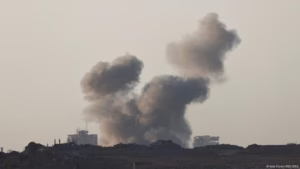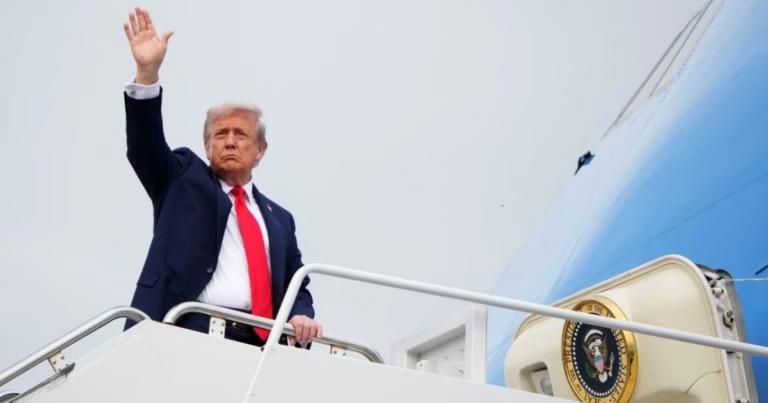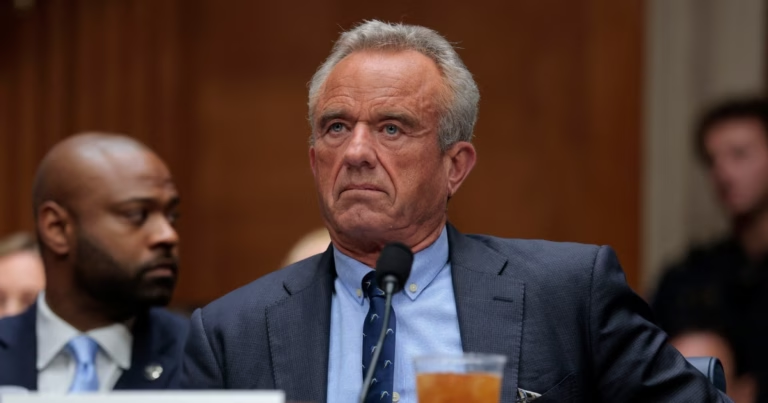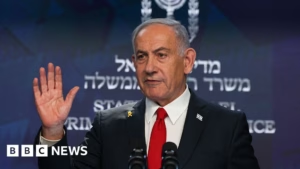In the past few weeks, Muttaqi has met his counterparts from Pakistan and China, spoken by phone with India’s foreign minister, and has been on trips to both Iran and China. In Beijing, he met with Pakistan’s foreign minister again and participated in trilateral talks with delegations from both Pakistan and China.
Despite historically tense relations between the Taliban and these countries, as well as strained current ties, particularly with Pakistan, diplomatic efforts persist.
Analysts suggest that countries in the region are engaged with the Taliban not as recognition but for pragmatic and rational reasons.
India, ravaged by the Taliban between 1996 and 2001, supports Afghanistan but refuses to acknowledge the Taliban formally. The Indian embassy in Kabul was a target of several attacks from the Taliban.
But refusing acknowledgment earlier led India to lose influence in Afghanistan, and now New Delhi has resumed diplomatic contact with Kabul both behind closed doors and publicly.
India has reopened its embassy in Kabul and softens its stance on the Taliban as a “reality of today’s Afghanistan”.
Pakistan, once one of the Taliban’s foremost backers, has seen its relationship with the group deteriorate. Islamabad blames Kabul for allowing sanctuary to violent groups targeting Pakistan, which Kabul denies.
Pakistan’s attempt to secure its western border and its ongoing conflict with Afghanistan over deportations and trade disruptions could impact future relations between them. A recent exchange indicates that confrontation may not be sustainable.
Iran, which faced violence in the past due to the Taliban, has pragmatically re-engaged with the group to protect its interests in security, humanitarian support and trade.
Despite the deadly border clashes in May 2023, Iran needs a partner for Afghan refugee issues and water rights, presenting a mutually pragmatic reason for engagement but falling short of full recognition.







